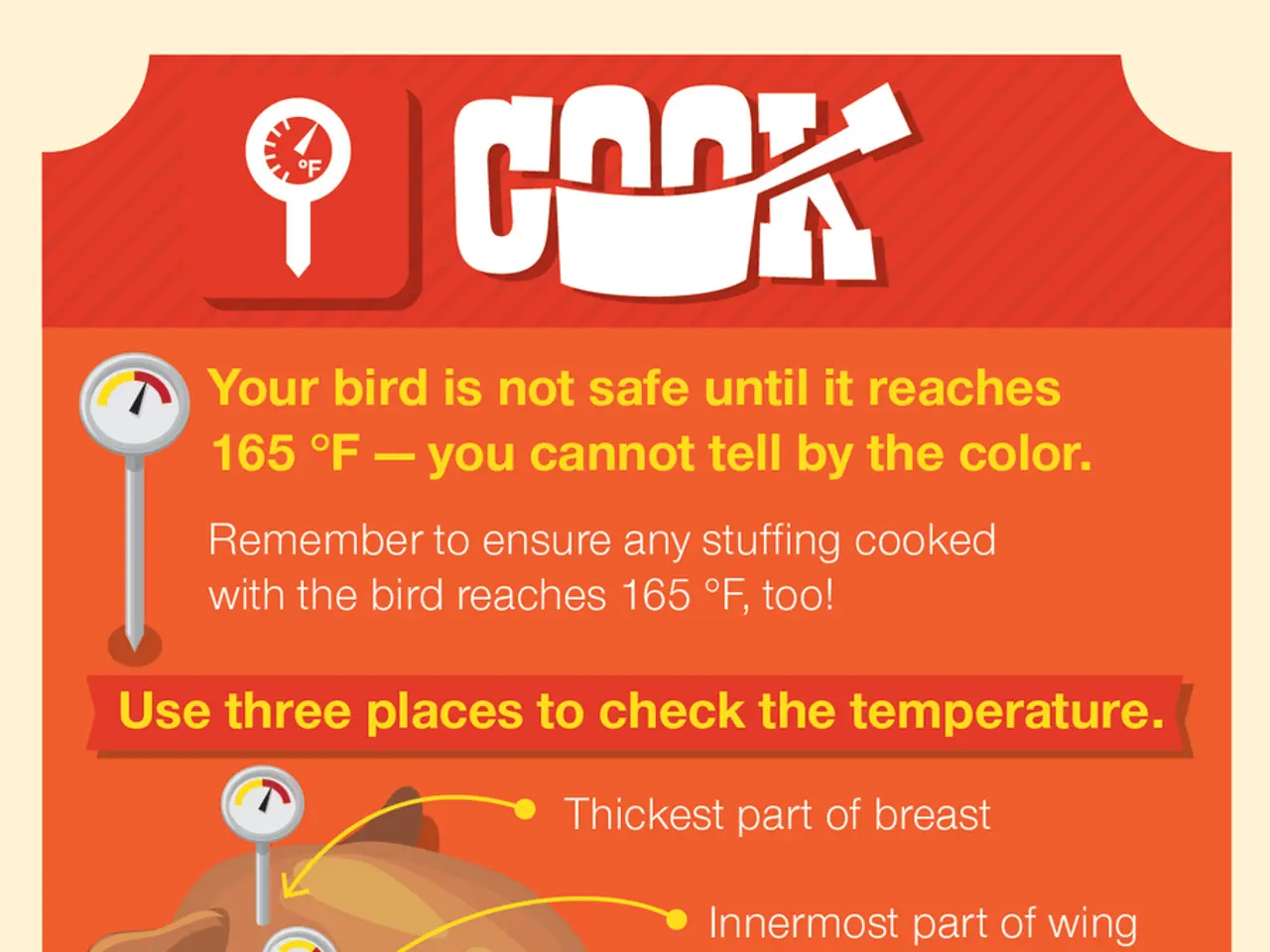Pregnancy and Chickenpox Exposure
Chickenpox, also known as Varicella, is a contagious disease caused by the Varicella zoster virus. Pregnant women, due to their suppressed immune system, are more susceptible to this virus, posing significant risks to both mother and baby.
Maternal Risks
Pregnant women with chickenpox are at an increased risk of severe illness compared to non-pregnant adults. A serious complication, Varicella pneumonia, can occur, especially in the third trimester or if lung function is compromised. This can lead to persistent cough, breathlessness, hospital admission, and need for intensive respiratory support. In rare cases, it can progress to hepatitis or encephalitis, requiring urgent care.
Pregnant women with chickenpox are also at risk of triggering preterm labor and fetal growth restriction, necessitating closer prenatal monitoring.
Fetal and Neonatal Risks
If chickenpox is contracted during the first 20 weeks, especially weeks 7–20, the fetus is at risk of Congenital Varicella Syndrome (CVS), a rare but serious condition occurring in about 1–3% of these cases. CVS includes birth defects such as skin scarring, malformed limbs, brain abnormalities (microcephaly), eye problems (cataracts, microphthalmia), and neurological delays. Children with CVS are also prone to shingles early in life.
After 20 weeks, the risk of CVS diminishes, but the fetus can still be affected by viral latency or neonatal varicella. If infection occurs within five days before to two days after delivery, the newborn may develop neonatal varicella, which can be life-threatening without maternal antibodies.
Infants born to mothers with prior chickenpox or vaccination typically have some protection via maternal antibodies in the first year. Without such antibodies, infants are vulnerable to more severe disease.
Prevention and Management
Pregnant women are routinely screened for varicella immunity. Non-immune pregnant women should avoid exposure; varicella vaccination is contraindicated during pregnancy but recommended postpartum. Postexposure prophylaxis with varicella-zoster immunoglobulin can reduce severity if exposure occurs during pregnancy. Antiviral treatment is considered if chickenpox is diagnosed in pregnancy to decrease complications and fetal risk.
In summary, chickenpox during pregnancy poses significant risks to mother and baby, particularly if infection occurs early in pregnancy or near delivery. Prompt medical attention, monitoring, and preventive care are critical to managing these risks effectively.
Shingles, caused by the reactivation of the chickenpox virus, is harmless for the unborn baby. However, exposure to shingles can cause chickenpox in the newborn baby. If you contract the virus before 28 weeks of pregnancy, there is a small risk of your baby developing fetal varicella syndrome, which can damage the baby's skin, limbs, brain, eyes, and bowel movements. If you develop chickenpox around the time of the delivery, or if your baby is born within a week of the development of the rash, he may develop the disease as well.
If you are planning to conceive, you can consider getting a chickenpox prevention vaccination. However, you will need to wait for at least three months after the second dose of this vaccine before trying to conceive. If chickenpox is contracted during the first and second trimester (between the 8th and 20th week), the baby is at risk of congenital varicella syndrome, a rare birth defect. If a pregnant woman has lung conditions like emphysema or bronchitis, the risks of varicella during pregnancy are higher. The risk of developing varicella pneumonia, meningitis, and hepatitis is also increased.
Chickenpox symptoms in pregnant women can include fever, itchy rashes, chills, and body ache. The treatment for chickenpox in pregnancy depends on the severity of the infection. Early diagnosis is important for a speedy treatment. To prevent chickenpox, avoid coming near anyone who has chickenpox or is carrying the virus, including individuals who have come in contact with persons with chickenpox in the past three weeks. Chickenpox can be highly contagious.
Chickenpox during pregnancy can lead to serious complications such as pneumonia, preterm labor, premature birth, and retarded growth of the baby. The risk of contracting chickenpox is higher if a pregnant woman has not been immune to the virus and has been in contact with a person carrying the virus. If you get the virus between 28 and 36 weeks of pregnancy, the virus is going to stay inside the baby's body and not do any harm. However, the virus can become active once the baby is born or during his first year, and cause shingles. After 36 weeks, it is likely that the baby will get the virus and be born with chickenpox. You do not need medical tests to diagnose chickenpox. Your doctor will be able to diagnose it based on your symptoms. Chickenpox is not dangerous for healthy children but can be dangerous for adults, including pregnant women.
[1] Centers for Disease Control and Prevention. (2021). Chickenpox in Pregnancy. Retrieved from https://www.cdc.gov/pregnancy/exposures/chickenpox/index.html
[2] American Pregnancy Association. (2021). Varicella (Chickenpox) and Pregnancy. Retrieved from https://americanpregnancy.org/pregnancy-complications/varicella-chickenpox-pregnancy/
[3] Mayo Clinic. (2021). Chickenpox (varicella) in pregnancy. Retrieved from https://www.mayoclinic.org/diseases-conditions/chickenpox/in-pregnancy/causes/cno00064
[4] National Health Service (UK). (2021). Chickenpox in pregnancy. Retrieved from https://www.nhs.uk/conditions/chickenpox/pregnancy/
[5] World Health Organization. (2021). Varicella (Chickenpox). Retrieved from https://www.who.int/news-room/fact-sheets/detail/varicella-(chickenpox)
Parenting during pregnancy requires awareness about diseases, such as chickenpox, that could pose risks to both the mother and baby. Pregnant women, due to their compromised immune system, may face a higher risk of severe illness from chickenpox compared to non-pregnant adults. Science and health-and-wellness measures, like vaccinations and preventive care, play crucial roles in managing these risks. For instance, varicella vaccination is recommended postpartum for non-immune pregnant women to prevent exposure. In addition, regular prenatal monitoring is important for detecting and managing complications, such as preterm labor or fetal growth restriction, that may arise from chickenpox during pregnancy.




